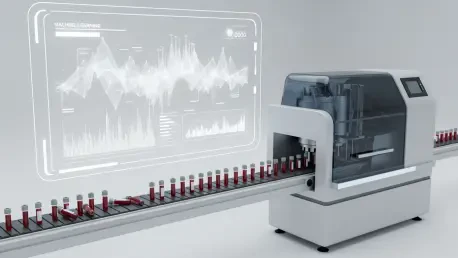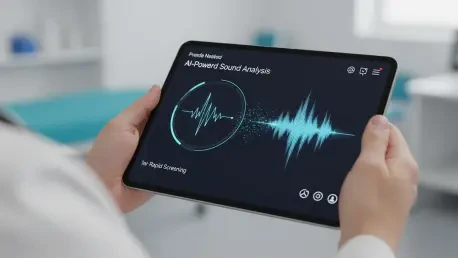
A landmark multinational study has successfully validated a blood test for diagnosing Alzheimer’s disease and frontotemporal lobar degeneration within diverse Latin American populations, addressing a critical disparity in dementia diagnostics. Historically, the science behind these promising blood

A strategic partnership expansion between global med-tech leader Siemens Healthineers and the world-renowned Mayo Clinic is set to forge a new path in healthcare, directly addressing some of the most persistent challenges in modern medicine. This powerful collaboration aims to harness cutting-edge

The paradigm of healthcare delivery is undergoing a fundamental and rapid transformation, moving away from traditional in-person visits toward a more accessible, data-driven, and remote model. This evolution is not merely a consequence of recent global events but the culmination of technological

We are joined today by Ivan Kairatov, a biopharma expert at the forefront of medical technology and innovation. We will be exploring a groundbreaking AI-powered tool that promises to transform the early detection of heart valve disease, a condition often called a "silent epidemic." Our conversation

The decision to undergo a total hip replacement, a procedure performed hundreds of thousands of times annually, often comes with an uncertain road to recovery, yet a new wave of artificial intelligence is beginning to chart that path with unprecedented clarity. Predictive AI for surgery represents

As a biopharma expert with a deep background in research and technology, Ivan Kairatov has a unique perspective on the intersection of artificial intelligence and frontline medicine. His work focuses on how innovations like causal modeling can translate complex data into life-saving actions. Today,